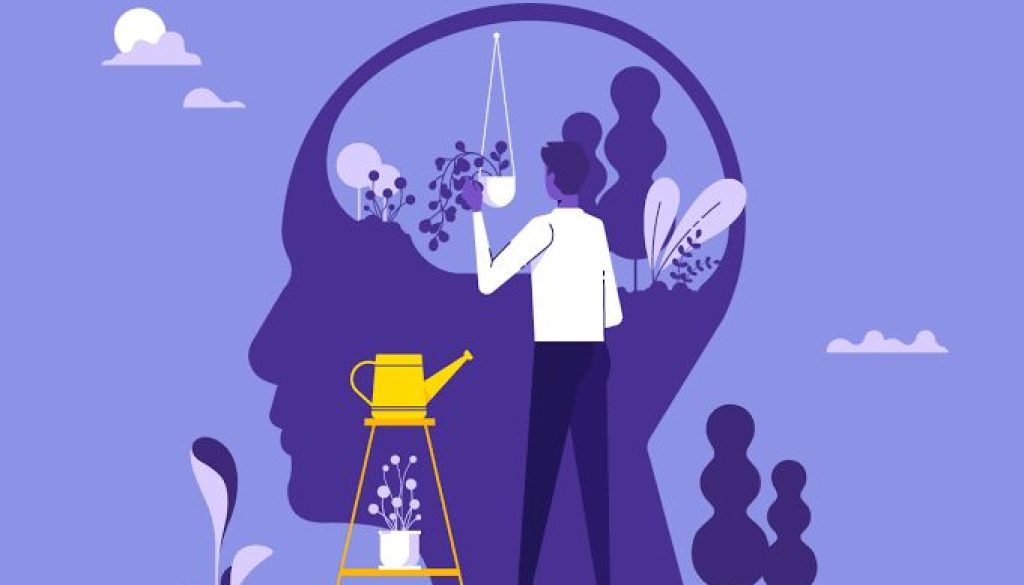Mental Health in Aging Populations
As individuals age, their mental health becomes an increasingly important aspect of overall well-being. The aging process often brings about significant life changes, including retirement, loss of loved ones, and declining physical health, all of which can impact mental health. Understanding the unique mental health challenges faced by older adults is crucial for promoting healthy aging and improving their quality of life.
Common Mental Health Issues in Older Adults
1. Depression: Depression is one of the most prevalent mental health disorders among older adults. It can arise from various factors, including chronic illness, social isolation, and feelings of loss. Symptoms of depression in older adults may manifest differently than in younger populations, often presenting as fatigue, irritability, or cognitive decline. It is essential to recognize these symptoms and provide appropriate support and treatment.
2. Anxiety: Anxiety disorders are also common in aging populations. Older adults may experience anxiety related to health concerns, financial stability, or the fear of losing independence. The stress of adapting to significant life changes, such as moving to assisted living or coping with the death of a spouse, can further exacerbate anxiety symptoms. Understanding and addressing these concerns can help improve mental well-being.
3. Cognitive Decline: Cognitive decline, including conditions such as dementia and Alzheimer’s disease, poses significant challenges for older adults and their families. These conditions can affect memory, thinking, and behavior, leading to increased feelings of confusion, frustration, and isolation. Early detection and intervention are crucial in managing cognitive decline and supporting mental health in older adults.
Factors Influencing Mental Health in Aging Populations
1. Social Connections: Maintaining strong social connections is vital for promoting mental health in older adults. Engaging in social activities, participating in community programs, and nurturing relationships with family and friends can help combat loneliness and provide emotional support. Social isolation can have detrimental effects on mental health, leading to feelings of depression and anxiety.
2. Physical Health: There is a strong correlation between physical health and mental health. Chronic illnesses, pain, and disability can contribute to feelings of helplessness and depression. Encouraging older adults to engage in regular physical activity, eat a balanced diet, and manage chronic conditions can improve both physical and mental well-being.
3. Access to Mental Health Resources: Access to mental health resources is essential for older adults. Many may be reluctant to seek help due to stigma or a lack of awareness of available services. Community-based programs that provide mental health education, counseling, and support groups can help address the unique needs of this population. Training healthcare providers to recognize and respond to mental health concerns in older adults is also crucial.
Promoting Mental Health in Older Adults
1. Community Engagement: Encouraging older adults to participate in community activities can help foster social connections and reduce feelings of isolation. Senior centers, volunteer programs, and hobby groups can provide opportunities for social interaction and support.
2. Education and Awareness: Raising awareness about mental health issues in aging populations is essential. Educating older adults, their families, and caregivers about the signs of mental health disorders and available resources can facilitate early intervention and treatment.
3. Holistic Approaches: Addressing mental health in older adults requires a holistic approach that considers physical, emotional, and social well-being. Integrating mental health services into primary care and promoting collaboration among healthcare providers can enhance overall care.
4. Supportive Environments: Creating supportive living environments can improve mental health outcomes for older adults. This includes promoting accessibility in housing, ensuring safety, and fostering a sense of community and belonging.
In conclusion
Mental health is a critical component of overall well-being for aging populations. Recognizing the common mental health issues faced by older adults and promoting social connections, physical health, and access to mental health resources can enhance quality of life and resilience. By prioritizing mental health in aging populations, we can support individuals in leading fulfilling and meaningful lives as they navigate the challenges of aging. Addressing mental health needs in older adults is essential for creating a society that values and supports individuals at every stage of life.



